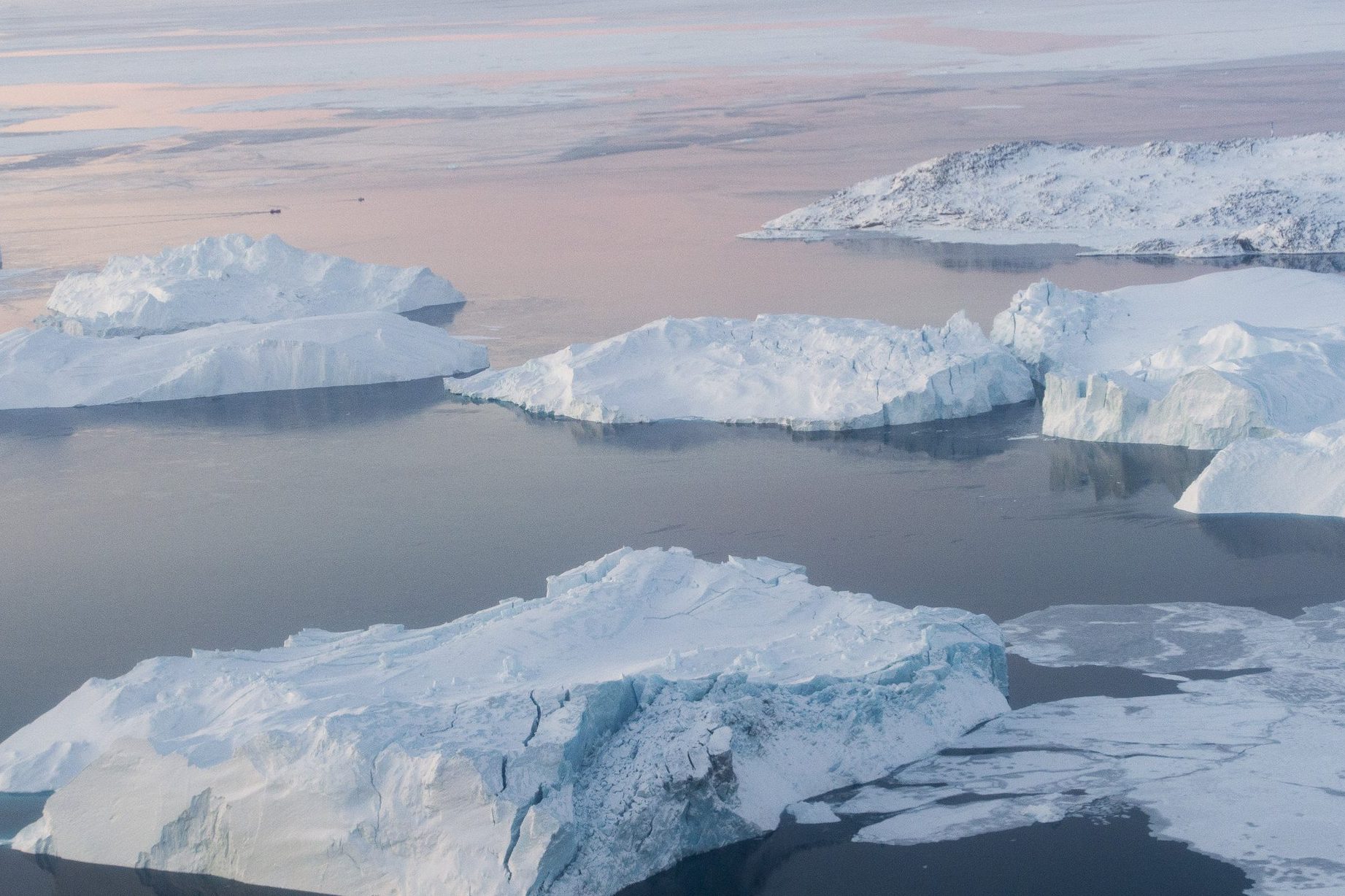Climate change is one of the most pressing environmental issues of our time. It refers to long-term changes in temperature, precipitation, and other atmospheric conditions on Earth. Understanding climate change and its implications is crucial for addressing its impacts and developing effective solutions. This article explores what climate change is, its causes, and why it is important.
Understanding Climate Change
Climate change involves significant and lasting changes in the Earth’s climate system. Unlike short-term weather variations, climate change refers to long-term trends and shifts in climate patterns. Key aspects of climate change include:
- Temperature Rise: One of the most noticeable signs of climate change is the increase in global temperatures. Average temperatures around the world have risen over the past century, with significant warming observed in recent decades.
- Changing Weather Patterns: Climate change affects weather patterns, leading to more frequent and intense extreme weather events such as heatwaves, storms, and heavy rainfall. Changes in precipitation patterns can also lead to droughts and floods.
- Melting Ice and Rising Sea Levels: Warming temperatures contribute to the melting of polar ice caps and glaciers. This leads to rising sea levels, which can cause coastal flooding and erosion, impacting communities and ecosystems.
- Ocean Acidification: Increased carbon dioxide (CO2) levels in the atmosphere also lead to higher CO2 concentrations in the oceans. This process, known as ocean acidification, affects marine life and ecosystems.
Causes of Climate Change
Climate change is driven by both natural processes and human activities. Understanding these causes helps in identifying effective strategies for mitigation and adaptation:
- Greenhouse Gas Emissions: Human activities, particularly the burning of fossil fuels (coal, oil, and natural gas) for energy, release greenhouse gases (GHGs) into the atmosphere. These gases, including carbon dioxide (CO2), methane (CH4), and nitrous oxide (N2O), trap heat and contribute to global warming.
- Deforestation: The clearing of forests for agriculture, logging, and urban development reduces the number of trees that absorb CO2 from the atmosphere. Deforestation not only increases CO2 levels but also disrupts ecosystems and biodiversity.
- Industrial Activities: Industrial processes and agriculture contribute to GHG emissions through various means, such as the use of synthetic fertilizers, livestock production, and industrial waste.
- Natural Factors: Natural processes, such as volcanic eruptions and variations in solar radiation, can also influence climate patterns. However, the current rapid changes in climate are primarily attributed to human activities.
Why Climate Change Is Important
Addressing climate change is critical for several reasons, each impacting both the environment and human societies:
- Environmental Impact: Climate change has far-reaching effects on ecosystems and biodiversity. Rising temperatures and changing weather patterns can disrupt habitats, threaten species, and lead to the loss of biodiversity. Coral reefs, for example, are particularly vulnerable to warming ocean temperatures and acidification.
- Human Health: Climate change can affect human health in various ways. Increased temperatures can lead to heat-related illnesses and exacerbate respiratory problems. Changes in weather patterns can also impact the spread of infectious diseases and affect access to clean water.
- Economic Consequences: The economic impact of climate change is significant. Extreme weather events, such as hurricanes and floods, can cause damage to infrastructure, disrupt supply chains, and result in costly recovery efforts. Agriculture, fishing, and tourism industries are also vulnerable to climate-related disruptions.
- Social and Political Implications: Climate change can exacerbate social inequalities and lead to conflicts over resources. Vulnerable communities, particularly those in developing countries, are often disproportionately affected by climate-related challenges, such as food and water scarcity. Migration and displacement due to environmental changes can also lead to social and political tensions.
- Future Generations: Addressing climate change is essential for ensuring a livable environment for future generations. By taking action now, we can mitigate the impacts of climate change and work towards a more sustainable and resilient future for all.
Addressing Climate Change
Efforts to address climate change involve both mitigation and adaptation strategies:
- Mitigation: Mitigation involves reducing or preventing the emission of greenhouse gases. Strategies include transitioning to renewable energy sources, improving energy efficiency, adopting sustainable agricultural practices, and promoting reforestation and conservation efforts.
- Adaptation: Adaptation focuses on adjusting to the impacts of climate change that are already occurring or anticipated. This includes building resilient infrastructure, implementing water management strategies, and preparing for extreme weather events.
- International Agreements: Global cooperation is crucial for addressing climate change. Agreements such as the Paris Agreement aim to unite countries in their efforts to limit global warming and reduce GHG emissions. International collaboration and commitment are key to achieving meaningful progress.
- Individual Actions: Individuals can also play a role in combating climate change through actions such as reducing energy consumption, supporting sustainable practices, and advocating for climate policies. Every small effort contributes to the collective goal of reducing our carbon footprint.
In conclusion, climate change is a complex and urgent issue with wide-ranging effects on the environment, human health, and economies. Understanding its causes and impacts is essential for developing effective solutions and ensuring a sustainable future for generations to come. By addressing climate change through mitigation, adaptation, and global cooperation, we can work towards a more resilient and equitable world.

